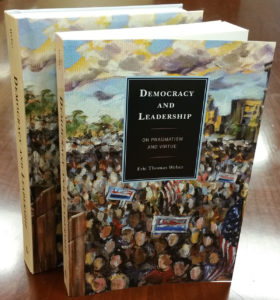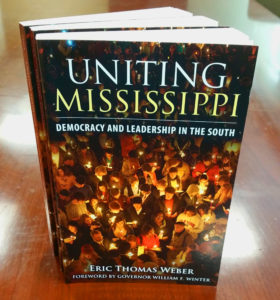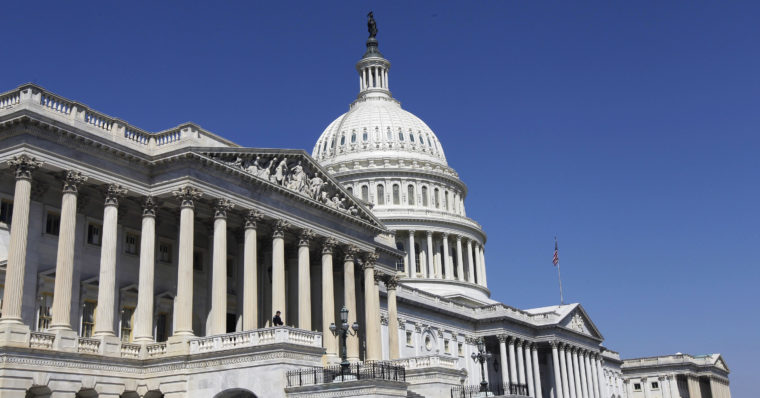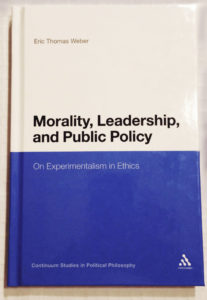It’s France’s fête nationale–Bastille Day–marking the storming of the Bastille Saint-Antoine. The crowd of revolutionaries were mostly looking for guns and ammunition held by the garrison of soldiers stationed there, but they also suspected that the prisoners were being tortured. (They weren’t.) Seven prisoners were freed that day: four forgers, two mentally-ill people, and one aristocrat.
In the US we should celebrate today as Prison Abolition Day.
I consider myself a prison abolitionist in the same way that Angela Davis is: I think the United States massively over-incarcerates its citizens, especially its Black citizens. I think that prisons ought to be spaces of education and care rather than domination. And I think that our communities must be redesigned to prevent the crimes for which we send people to prison.
In thinking specifically about the abolition of prisons using the approach of abolition democracy, we would propose the creation of using an array of social institutions that would begin to solve the social problems that set people on the track to prison, thereby helping to render the prison obsolete. There is a direct connection with slavery: when slavery was abolished black people were set free, but they lacked access to the material resources that would enable them to fashion new, free lives. Prisons have thrived over the last century precisely because of the absence of those resources and the persistence of some of the deep structures of slavery. They cannot, therefore, be eliminated unless new institutions and resources are made available to those communities that provide, in large part, the human beings that make up the prison population. (Abolition Democracy, pg. 96)
But what this means in practice is that I wish the US were a bit more like normal, rather than such an absurd outlier. Rather than incarcerating “more than 2.3 million people in 1,719 state prisons, 102 federal prisons, 901 juvenile correctional facilities, 3,163 local jails, and 76 Indian Country jails as well as in military prisons, immigration detention facilities, civil commitment centers, and prisons in the U.S. territories,” I’d like to see us free about 2 million prisoners, so that the number is closer to about 300,000.
 That’s still a lot of people, of course, but we currently incarcerate roughly seven times the global average of our population, without having seven times the crime. Our violent crime rate is on par with or even much lower than countries like the UK–though it’s true that our gun ownership rates make our assaults more often fatal murders–but we incarcerate many, many more people. So I propose we should start by aiming to shrink our prison population by 6/7s. This is an odd fraction, but it just represents the over-incarceration rate in the US compared to the rest of the world. It’s also deliberately a bit inexact: many countries have fewer than 100 prisoners per 100,000 inhabitants. Perhaps the US could achieve the lower, more civilized rates of incarceration found in Finland and Norway, over time, but in any case, 6/7s abolition strikes me as a good place to start.
That’s still a lot of people, of course, but we currently incarcerate roughly seven times the global average of our population, without having seven times the crime. Our violent crime rate is on par with or even much lower than countries like the UK–though it’s true that our gun ownership rates make our assaults more often fatal murders–but we incarcerate many, many more people. So I propose we should start by aiming to shrink our prison population by 6/7s. This is an odd fraction, but it just represents the over-incarceration rate in the US compared to the rest of the world. It’s also deliberately a bit inexact: many countries have fewer than 100 prisoners per 100,000 inhabitants. Perhaps the US could achieve the lower, more civilized rates of incarceration found in Finland and Norway, over time, but in any case, 6/7s abolition strikes me as a good place to start.
Sometimes I hear from other prison abolitionists that this is still 1/7 too many. But I don’t really know what to make of this. The majority of American prisoners are incarcerated for violent crimes, and I don’t know what it means to wish for impunity or restorative justice in every such case. Surely some people deserve some punishment; all I ask is that we radically remake the entire carceral character of American life.
This means drastically lower sentences: closer to the sentences prisoners served in the 1970s than the ones they serve today. It means prosecuting fewer crimes, too. But it doesn’t mean sacrificing our safety: it means focusing policing and imprisonment on the kinds of wonkish policies that we know work, while reinvesting the savings from incarceration in social supports.
Of the seven prisoners at the Bastille, I propose that one–perhaps the stray aristocrat, the Comte de Solages, who some records suggest was a rapist and attempted murderer and whose noble birth very nearly granted him impunity–deserved to be there. For the sake of the other six, however, we must still storm the carceral state!
 Areas of interest and application for the course will include:
Areas of interest and application for the course will include: Democracy and Leadership: On Pragmatism and Virtue (Lanham, MD: Lexington Books, 2013)
Democracy and Leadership: On Pragmatism and Virtue (Lanham, MD: Lexington Books, 2013) Uniting Mississippi: Democracy and Leadership in the South (Jackson, MS: The University Press of Mississippi, 2015)
Uniting Mississippi: Democracy and Leadership in the South (Jackson, MS: The University Press of Mississippi, 2015) In addition, for those who are unfamiliar, I co-host the Philosophy Bakes Bread radio show & podcast that airs on WRFL Lexington, 88.1 FM and in the show we cover a number of public policy topics. Give it a listen!
In addition, for those who are unfamiliar, I co-host the Philosophy Bakes Bread radio show & podcast that airs on WRFL Lexington, 88.1 FM and in the show we cover a number of public policy topics. Give it a listen!



 That’s still a lot of people, of course, but we currently incarcerate roughly seven times the global average of our population, without having seven times the crime. Our violent crime rate is on par with or even much lower than countries like the UK–though it’s true that our gun ownership rates make our assaults more often fatal murders–but we incarcerate many, many more people. So I propose we should start by aiming to shrink our prison population by 6/7s. This is an odd fraction, but it just represents the over-incarceration rate in the US compared to the rest of the world. It’s also deliberately a bit inexact: many countries have fewer than 100 prisoners per 100,000 inhabitants. Perhaps the US could achieve the lower, more civilized rates of incarceration found in Finland and Norway, over time, but in any case, 6/7s abolition strikes me as a good place to start.
That’s still a lot of people, of course, but we currently incarcerate roughly seven times the global average of our population, without having seven times the crime. Our violent crime rate is on par with or even much lower than countries like the UK–though it’s true that our gun ownership rates make our assaults more often fatal murders–but we incarcerate many, many more people. So I propose we should start by aiming to shrink our prison population by 6/7s. This is an odd fraction, but it just represents the over-incarceration rate in the US compared to the rest of the world. It’s also deliberately a bit inexact: many countries have fewer than 100 prisoners per 100,000 inhabitants. Perhaps the US could achieve the lower, more civilized rates of incarceration found in Finland and Norway, over time, but in any case, 6/7s abolition strikes me as a good place to start.